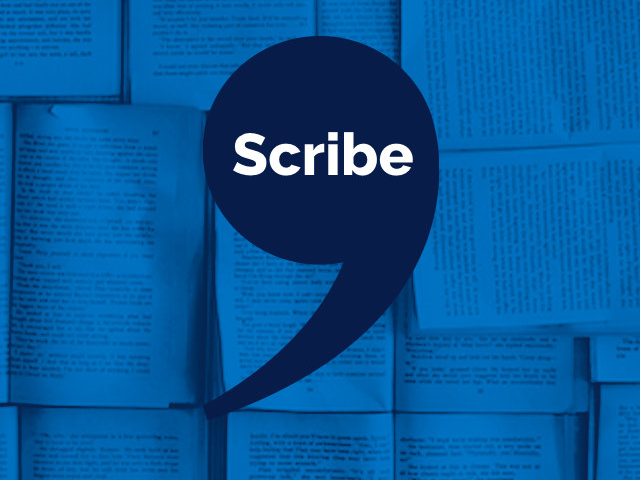“Humor works best when it’s sprinkled in lightly, then occasionally dropped like a bomb. Less is more.”
-Wendi Aarons
Wendi Aarons is teaching a class for the Writers’ League of Texas on May 20 at St. Edward’s University called “How to Write Funny.” This class will introduce tips, tricks, and easy ways to lighten up dialogue and prose to be more humorous in conceptual humor pieces. Read the interview below and visit the class page to learn more.
 Scribe: When developing humor, do you find that character personalities or setting and circumstance play a larger role? Or perhaps a mix of multiple elements?
Scribe: When developing humor, do you find that character personalities or setting and circumstance play a larger role? Or perhaps a mix of multiple elements?
Wendi Aarons: I prefer a mix of multiple elements, but most enjoy seeing how certain personality types react to uncomfortable or different situations and circumstances. For example, you could write a character that is naturally funny and have her sit in a room all day just saying humorous lines and that would work somewhat. But it’s even better to take that character and place her in a situation where she’s not living in a humor vacuum. David Sedaris’ narrator in his essay “Front Row Center with Thaddeus Bristol” is amusing on his own, but David places him at a local grade school’s Christmas pageant, which he then reviews like the snotty theater critic he is. That’s a humor home run. Of course, it doesn’t always have to be as elaborate as that, but think of the humorous situations you’ve seen in real life, things that make you laugh, and use it for material or inspiration.
Scribe: Do you have any tips to help writers find a balance so that humor within the story doesn’t overpower the plot?
WA: Even if you’re able to do it, an essay or story that has wall-to-wall jokes is exhausting to read. You’re not a stand-up comedian. When written, humor needs air to make the lines really work. Think about meeting someone in real life who just cracks jokes non-stop instead of letting you see his or her real personality. It gets annoying quickly. Humor works best when it’s sprinkled in lightly, then occasionally dropped like a bomb. Less is more.
Scribe: Are there any tropes that you find particularly useful for first-time humor writers, or any that you feel are overused and should be avoided?
WA: I’m a big fan of the List. My first accepted humor piece was a list on McSweeney’s Internet Tendencies, and it was called “Potential Nicknames for the Star Player on My Son’s Soccer Team.” I think there were less than 100 words total, but it was an easy way to jump into that type of writing. It’s not as intimidating as prose or a longer piece. As for what should be avoided, I admit to not enjoying song parody because I think the joke is made immediately, then it’s the same thing for three more minutes. (However, the success of Weird Al Yankovic means many people don’t agree with me on that.) I also think people should be careful when jumping into parody where they are speaking in another person’s voice, like my Twitter parody account @PaulRyanGosling that concerns Speaker Paul Ryan. It’s not as easy as it seems, and care should be taken to get the tone and voice right before really going full-steam on it.
Scribe: What is one piece of advice you’d like to give to someone who is trying to write funny for the first time?
WA: Read a lot of humor. Listen to a lot of humor. Realize that humor is subjective above anything else. What you find funny may not be funny to me and vice versa (although, let’s be honest, I’m probably right). Be natural and don’t force the jokes. Don’t be offensive or insulting because the meanness will outshadow the humor. Play around with words because even the adjustment of one word can take something from “eh” to LOL. Don’t expect to get it right the first time you try because it’s not always that simple. As they say, dying is easy, comedy is hard.
—
Thanks, Wendi!
Click here to register for Wendi’s class.
Click here for our current class schedule.
About the Instructor
Wendi Aarons is an award-winning humor writer and blogger who lives in Austin, Texas with her husband and two sons. In the past few years, she has written for a number of publications including McSweeneys, and for Esther’s Follies, Austin’s famous comedy revue. She has also been a commentator on Austin’s NPR station, KUT. Wendi is one of the creators of Mouthy Housewives and the much-lauded twitter feed @paulryangosling. She is also a writer for US Weekly magazine’s Fashion Police.









